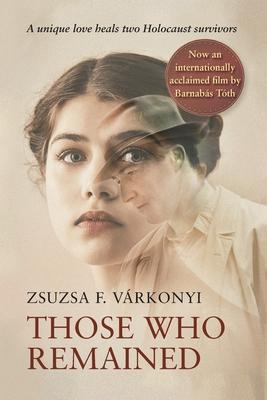In postwar Budapest, Ald, a 42 year-old doctor who survived the concentration camp but lost his wife and children, slowly sinks into despair. One day a new patient arrives, 16- year-old Klra, who has lost her parents and siblings. The doctor soon discovers, behind Klra's silence and rage, a great love and determination to fight despair. The two become each other's new family, learning to live and love again after the horrors of the Holocaust. But the irunusual intimacy is threatened by Stalinist purges, revolution, and invasion.
The author says: I wanted to write about the fine side of human beings-what I experienced from family members and others who survived the Holocaust. The hideous side of humans has already been described by many authors and read with gruesome fascination by countless readers. Yet, there are many who want to know more about the fine side of humanity that emerged and even blossomed during these perilous times. I recommend my story to these people.
1948 is a date with many different meanings for people in Hungary. I was simply preoccupied with my own birth while the main characters of this book struggled with their survival. They managed this heavy task in a more decent way than many others did as their earlier lives had provided them with sufficient sources of love for helping heal not only the trauma of 1944 but also the enduring Stalinist terror of the 1950s.
I see the process of "curing" as being based on love. This is the central task of those who survive devastation. And it remains an important task for everyone as life represents daunting challenges. This is in part why I chose curing-as a psychotherapist-for my profession. Curing is also the message of my books on psychology. The present book is, however, different. It's personal."
Zsuzsa F. Vrkonyi, author and psychotherapist (Hungary)
